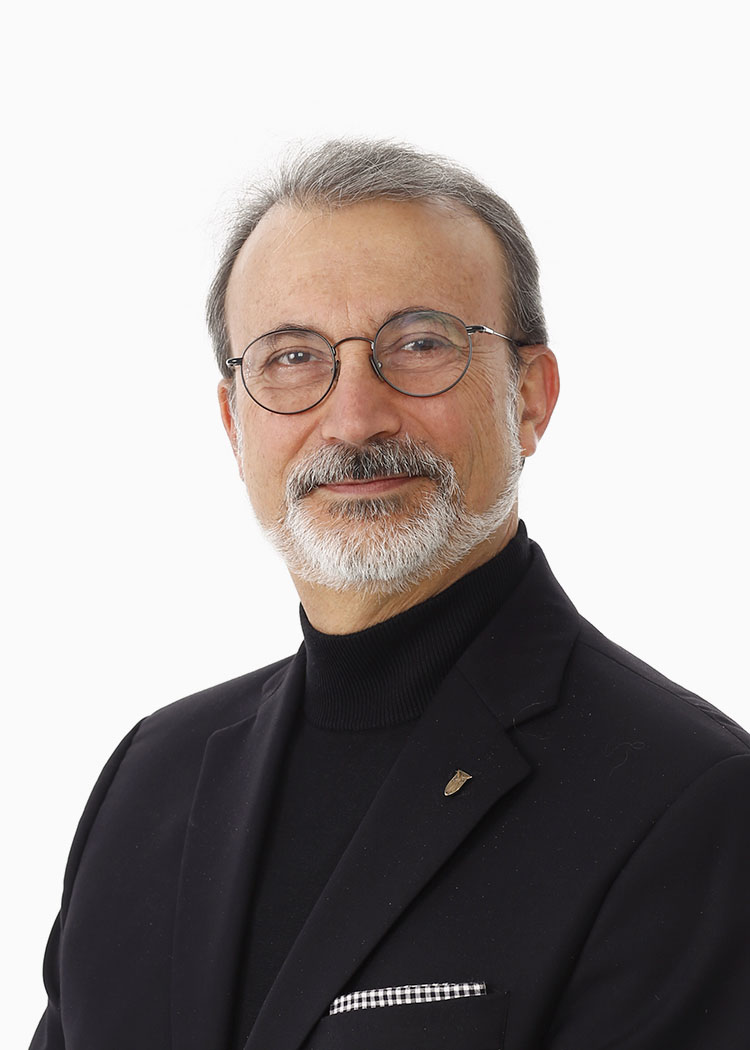 DePaul University names Guillermo Vásquez de Velasco, an international scholar and designer, dean of the College of Liberal Arts and Social Sciences. He will assume his new role July 1. (Photo by Christopher Helms)
DePaul University names Guillermo Vásquez de Velasco, an international scholar and designer, dean of the College of Liberal Arts and Social Sciences. He will assume his new role July 1. (Photo by Christopher Helms)
CHICAGO — DePaul University has selected an architect and
urban planner with three decades of experience in higher education as its next
dean for the College of Liberal Arts and Social Sciences. Guillermo Vásquez de
Velasco, an international scholar and designer, will assume his new role July
1.
Born and raised in Peru, Vásquez de Velasco currently is vice
provost and professor of architecture at Ball State University in Muncie,
Indiana. He previously served as dean for the College of Architecture and
Planning at Ball State from 2007 to 2015.
“DePaul is gaining an innovative leader with
extensive experience in university administration and teaching,” said DePaul
Provost Marten denBoer. “His passion for design combined with his breadth of
knowledge of and appreciation for the liberal arts will strengthen our mission
of academic excellence and service.”
As a university administrator, Vásquez de Velasco has dedicated
much of his career in higher education to developing experiential learning opportunities
for students across multiple disciplines. His training as an architect
continues to inspire his work.
“Architects are natural collaborators,” Vásquez de Velasco
said. “We build strong bridges between different areas of expertise without depreciating
their individual distinctiveness. We celebrate our differences as a perennial
source of creative richness. That is the key to multidisciplinary
collaboration.”
At Ball
State, Vásquez de Velasco led the only state-assisted college of architecture
in Indiana. He set high academic standards by enrolling a freshman class with
94 percent of its students holding high school honors diplomas. As a result,
the College of Architecture and Planning had the highest four-year graduation
rate and the lowest attrition rate at the university. A strong supporter of
experiential and service learning, he promoted high levels of engagement in the
urban core of Indianapolis and a wide variety of study abroad programs.
Prior to
joining Ball State, he was executive associate dean and director of outreach
for the College of Architecture at Texas A&M University in College Station,
Texas. He also has held teaching and research positions at Delft University of
Technology in the Netherlands, the University of Toronto in Canada, as well as the
University of Sagrado Corazon in Peru. He has been an independent practitioner of architecture
with work in Peru, Belgium, and Texas.
Vásquez de
Velasco earned his doctorate in architecture from Delft University of
Technology and a master’s degree in architecture from the University of Toronto.
He has a bachelor’s degree in architecture and urban planning from Ricardo
Palma University.
From the
development of cities to the creation of academic programs, he approaches all
projects as a designer.
“Everything can be a subject of design, and in some measure
everyone is a designer. We design all the time,” Vásquez de Velasco said. “At
DePaul, we have an opportunity to design a 21st century college of liberal arts
and social sciences that can serve as a global model. I am captivated by the
many strengths of the college, and I am eager to start working in such an
exciting environment.”
DePaul’s College of Liberal Arts and Social Sciences
currently enrolls 2,441 undergraduate students majoring in 28 degree programs
and 811 graduate students in 19 degree programs. From design to archaeology to
public health, the college offers a diverse range of opportunities for students
in the humanities, social sciences, interdisciplinary studies and professional
programs. Home to 10 centers and institutes, the college recently created the
Center for Community Health Equity, a collaboration with Rush University
Medical Center.
With more than 23,500 students and about 300
academic programs, DePaul is the largest Catholic university in the United
States and the largest private, nonprofit university in the Midwest. It was
founded in Chicago in 1898 by the Congregation of the Mission (Vincentians), a
Roman Catholic religious community dedicated to following the ideals of St.
Vincent de Paul, the 17th century priest for whom the university is named.
DePaul’s tradition of providing a quality education to students from a broad
range of backgrounds, with particular attention to first-generation students,
has resulted in one of the nation’s most diverse student bodies. More
information is available at www.depaul.edu.
###
Media Contact:
Kristin Claes Mathews
312-241-9856